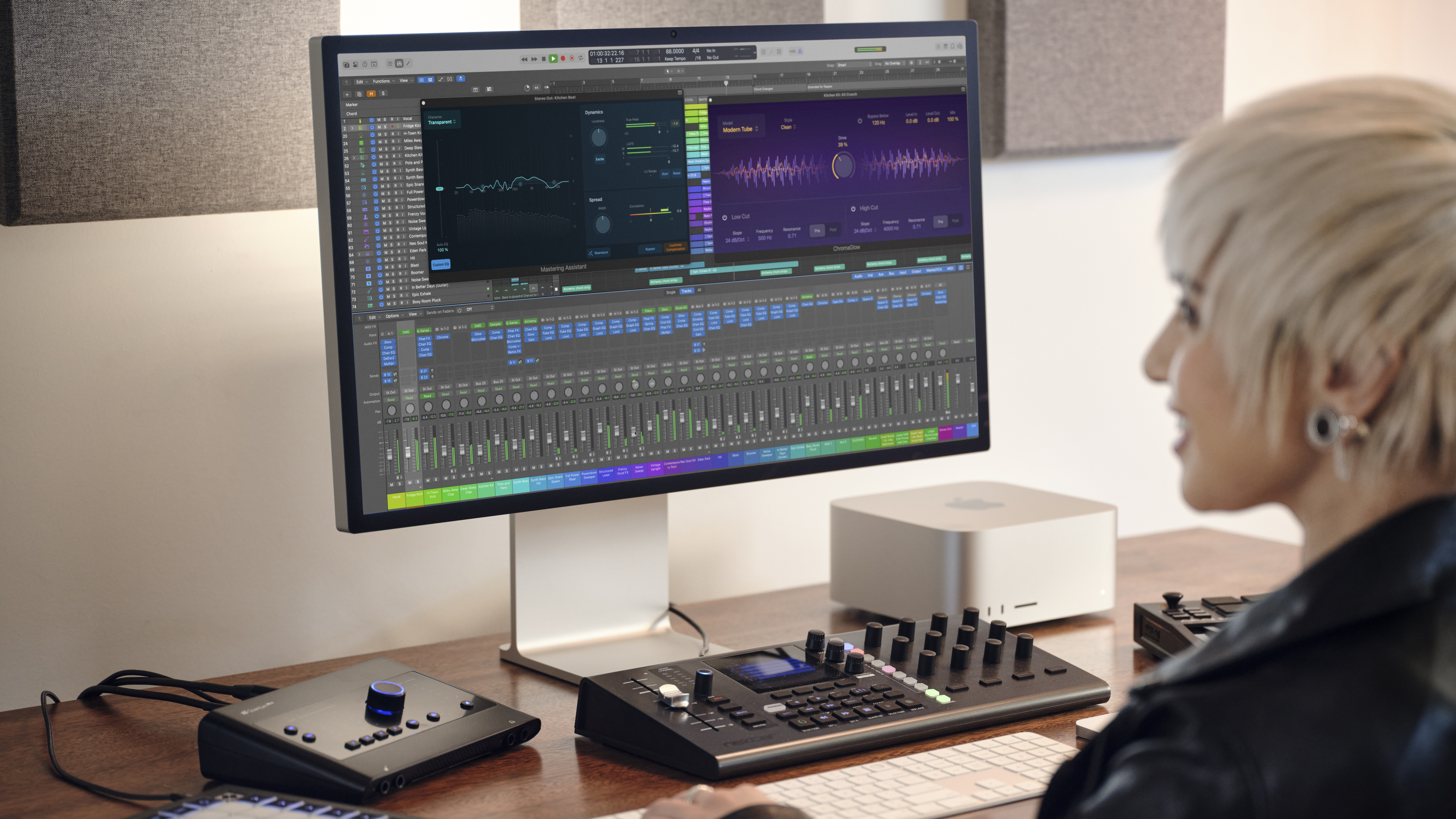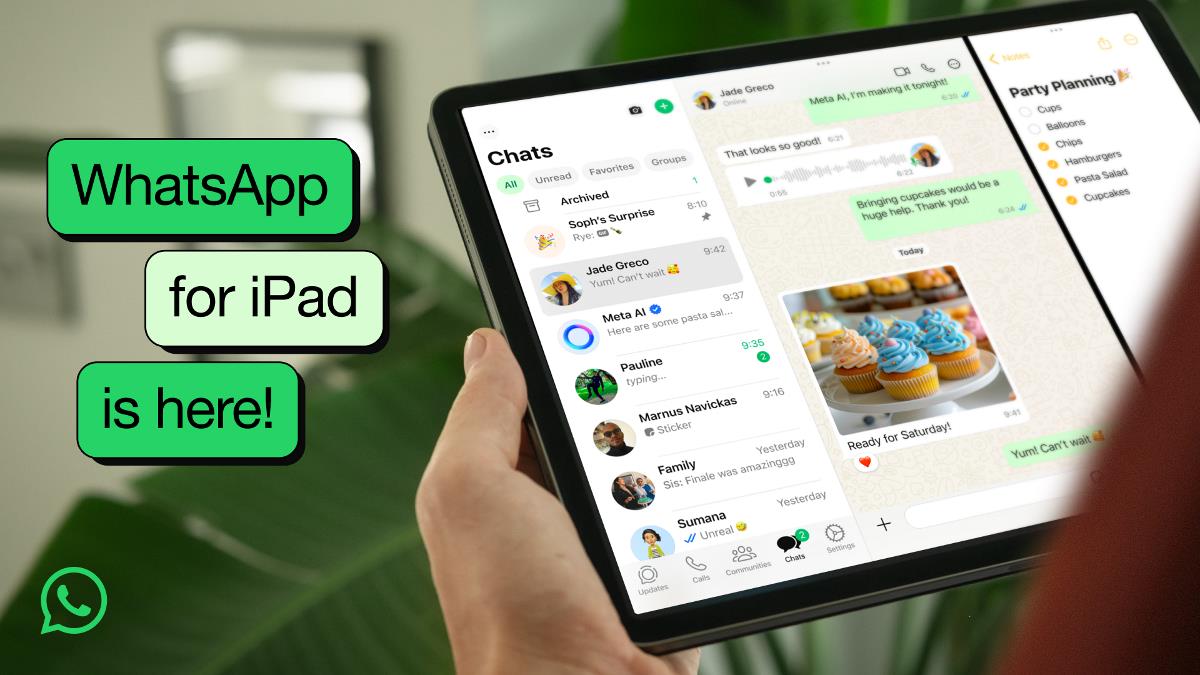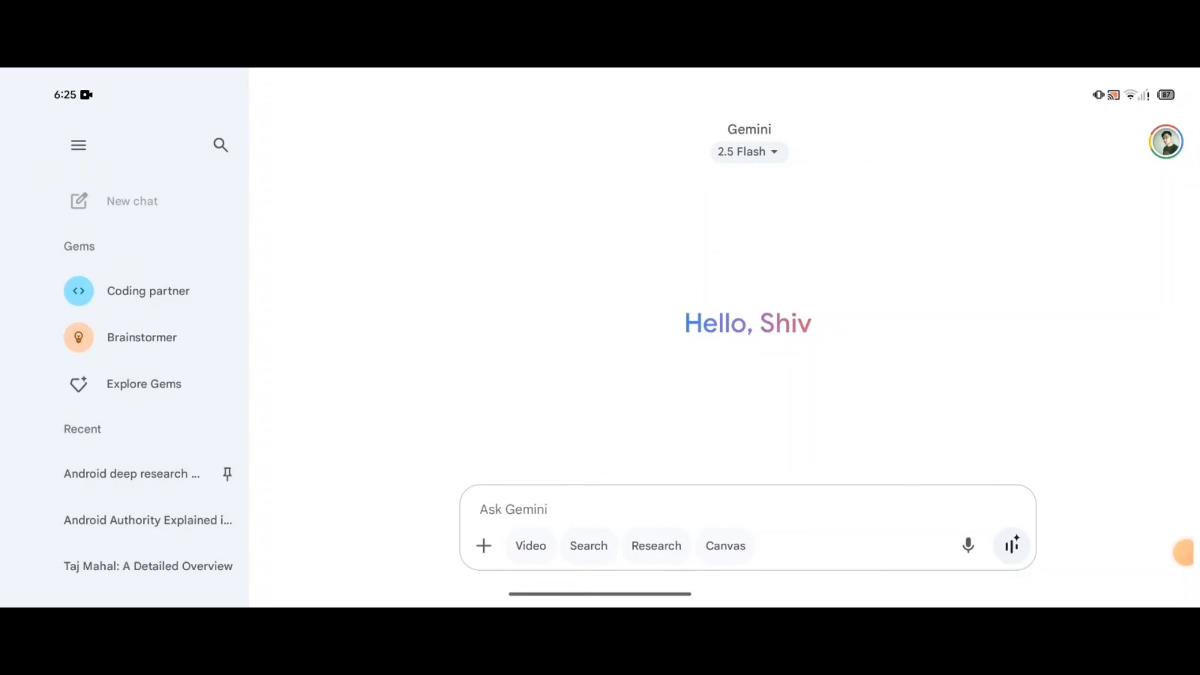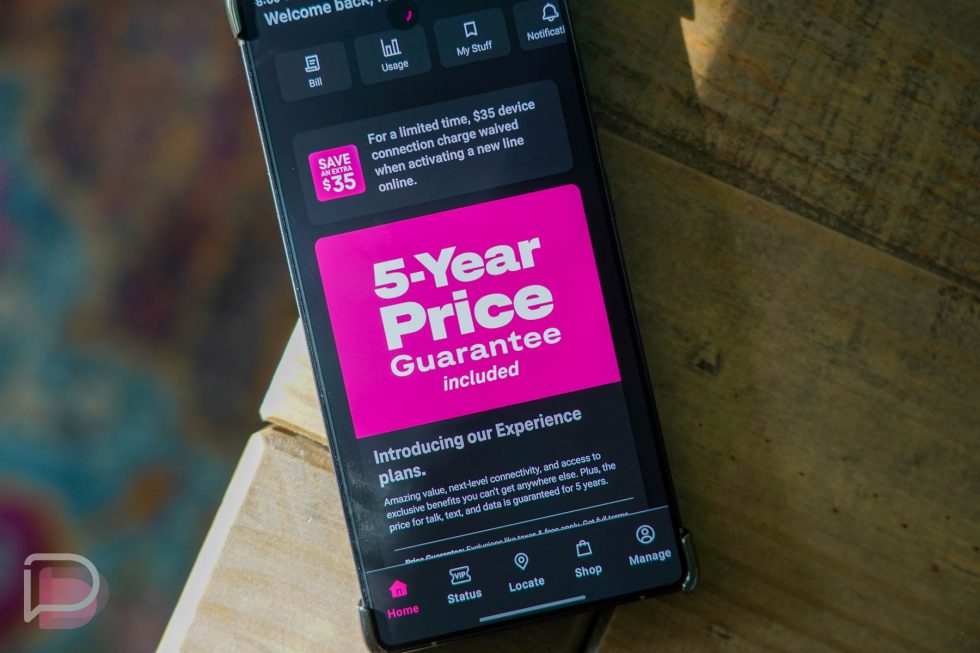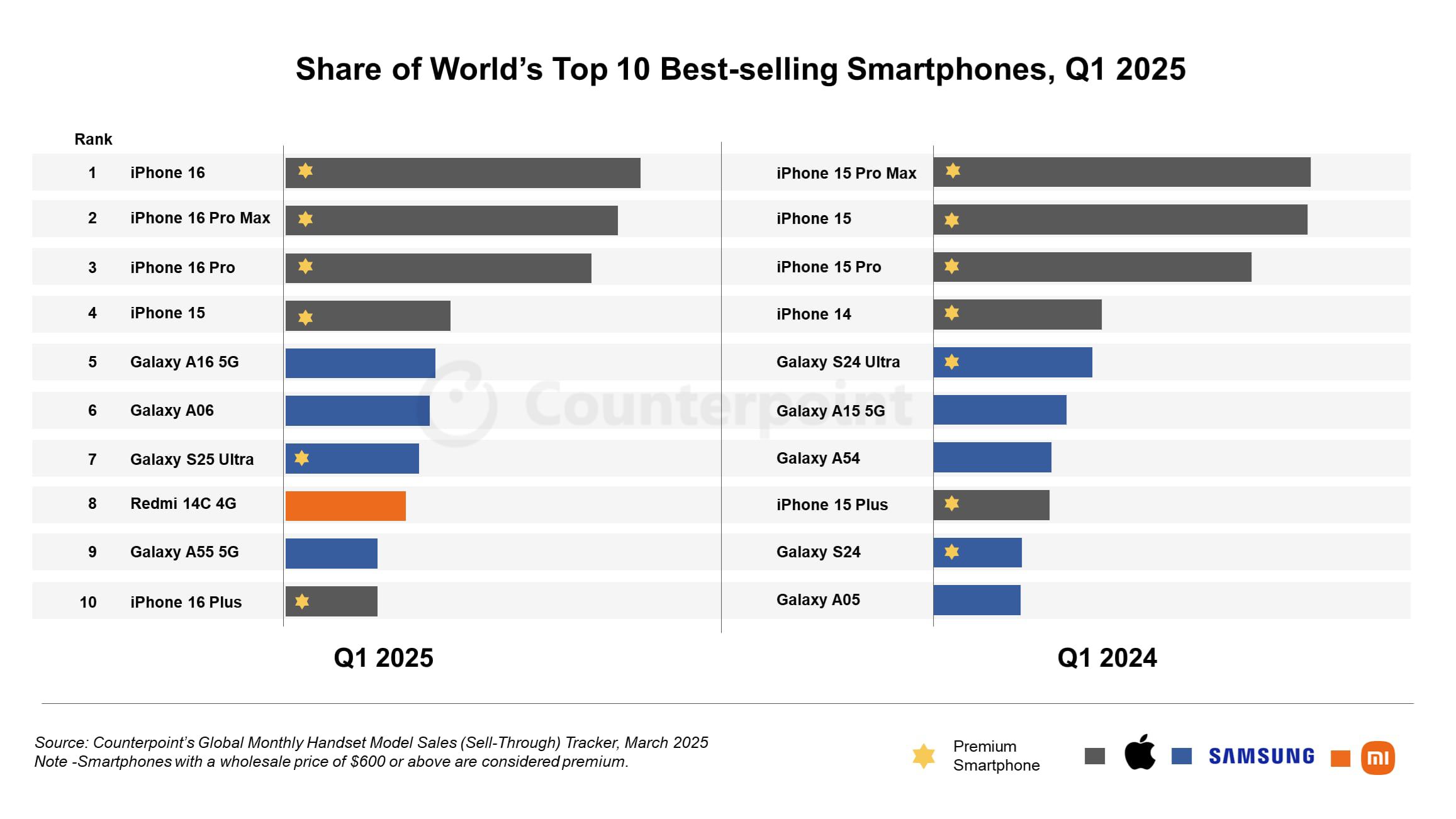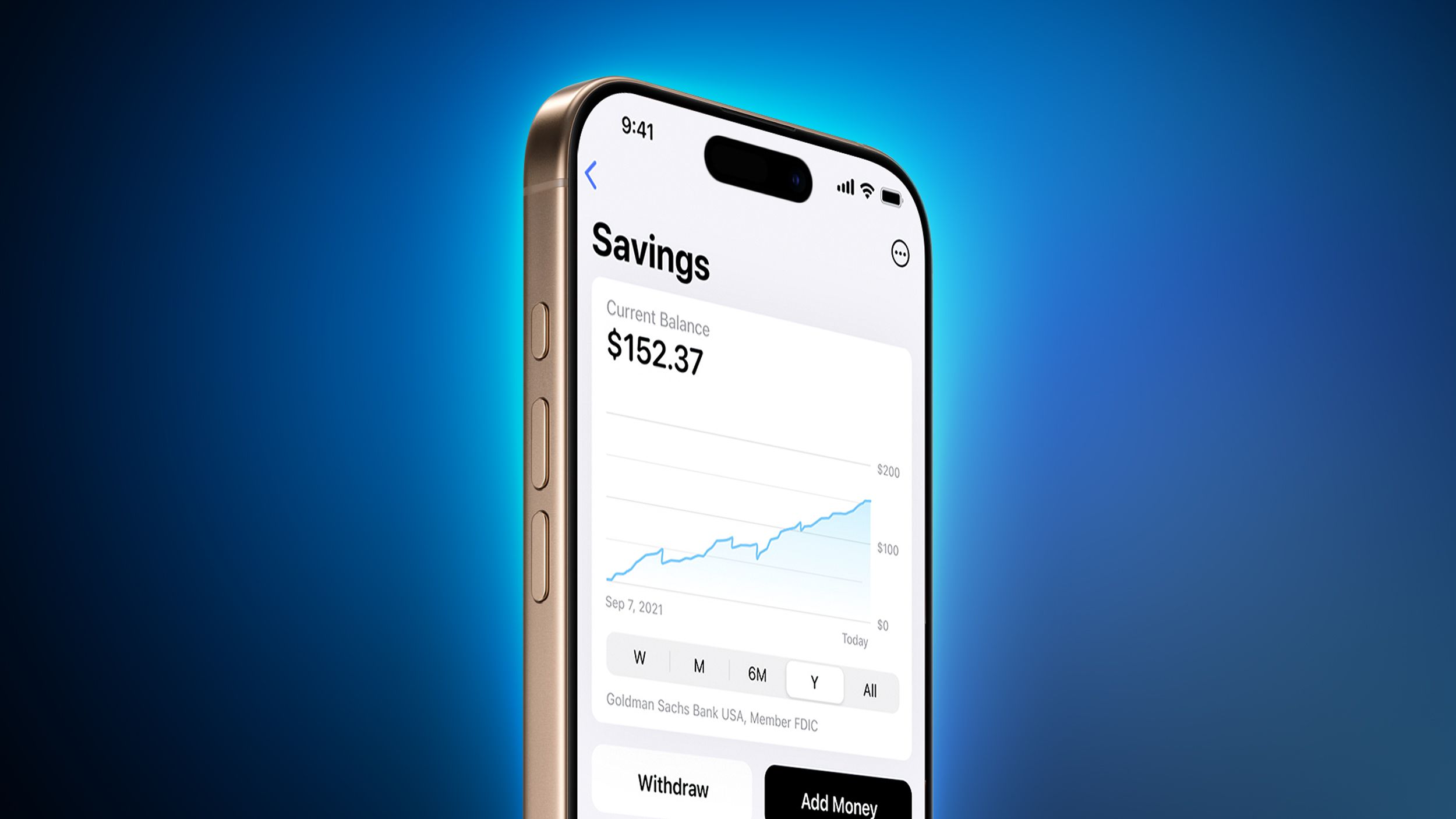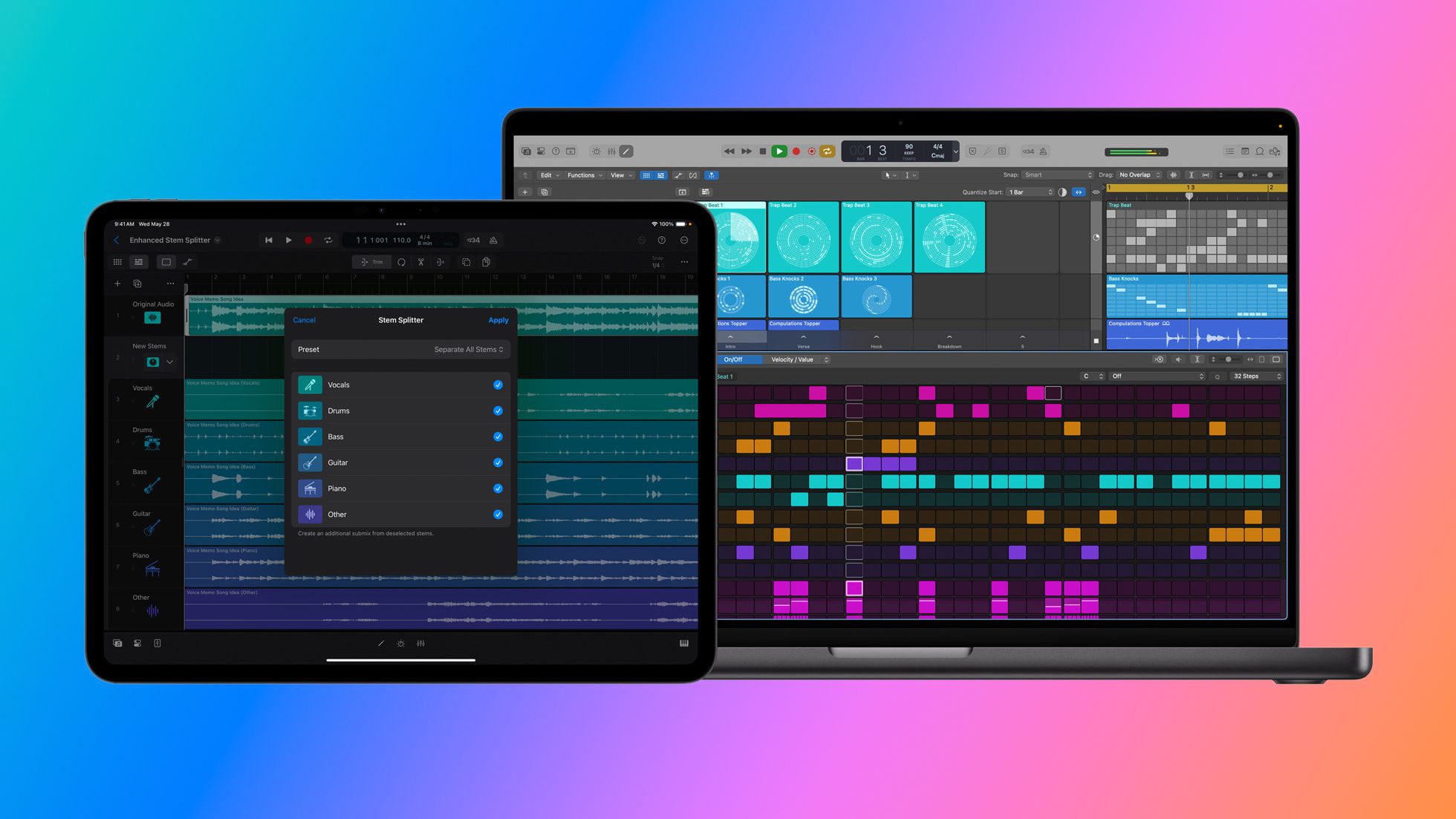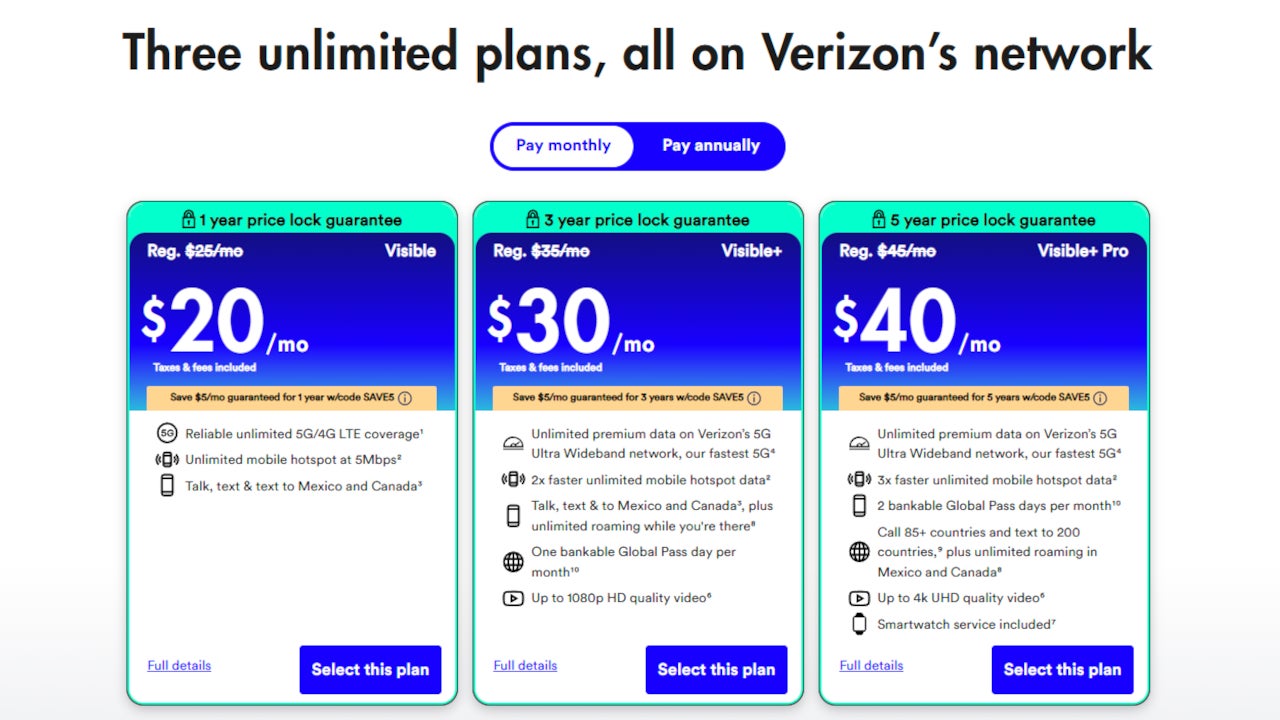Conversational AI in Healthcare: 7 High-Impact Use Cases
So, what are some value-oriented use cases of conversational AI in healthcare? Let’s dive in!
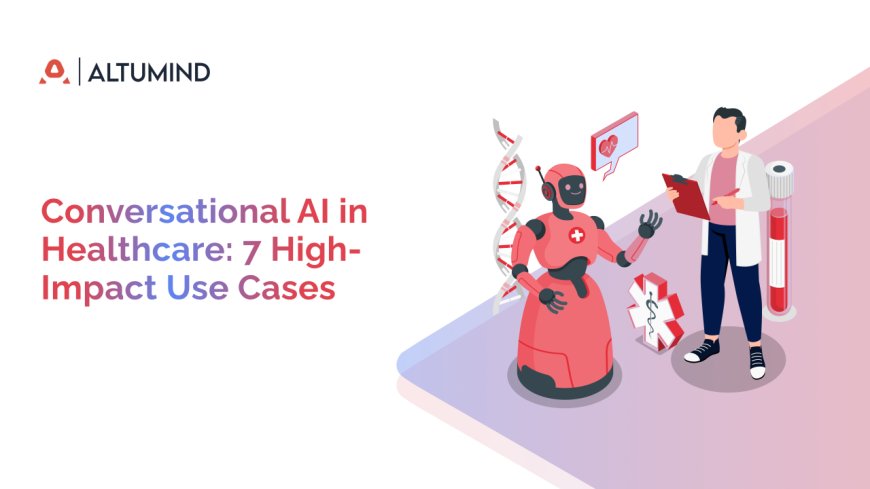
Open AI's ChatGPT dropped and went mainstream in November 2022, and since then, businesses of all sizes, in B2B and B2C, across industry verticals, are looking to integrate Conversational AI or Generative AI into their workflow. The end goals, unlocking efficiency, productivity, and time-to-market. Additionally, companies want to expedite their processes and create convenience. So, it was a matter of time before healthcare embraced the same.
Healthcare faces a myriad of bottlenecks, from EHR errors to staffing issues, diagnostic delays, and nonspecific care. They’ll need to welcome any evolving technological inflections in their ecosystem – one of them being Conversational AI. These agents can help future-proof their infrastructure, realize intrinsic value, and pass on extrinsic value to improve patient outcomes. So, what are some value-oriented use cases of conversational AI in healthcare? Let’s dive in!
Use Cases of Conversational AI in Healthcare
1. EHR Document Management: Repetitive and error-prone wasteful administrative tasks can be automated with AI. It will transcribe, summarize, and update electronic health records (EHRs), in addition to assisting with indexing, retrieval, and categorization. When needed, you’ll be able to locate it right away. A couple of conversational prompts and the relevant answers appear on the screen – no wasted clicks on drop-down menus, radio buttons, and fields. It’ll recognize records and templates on the files, read the data against it, and accurately auto-populate the same on the screen.
This feature along with Optical Character Recognition (OCR) tech helps office staff digitize paper records. Clinicians can access and review a patient’s medical history from PDFs, Docs, etc., effortlessly in real-time. All they have to do is ask. E.g., “What were the blood test results for Dave?” Natural Language Processing (NLP) and conversational AI with data parsing and semantic abilities can interpret unstructured data in diagnostic reports and convert it into structured formats.
2. Helpdesk Automation: 24/4 staff-centric customer support is inconvenient and costly. Healthcare providers want to shrink this legacy system and embrace an automated natural language framework for handling patient queries. Conversational AI in healthcare can do just this. It’ll act as an extra lever for the content repository on the website. Instead of paying for resources, healthcare providers can save overhead costs with these multi-lingual, intuitive, and user-friendly interactive tools.
These AI-driven virtual assistants are equipped with NLP and sentiment analysis to automate and handle high-volume inquiries, provide immediate and accurate responses, and only escalate matters after a series of questions. From appointment scheduling to available hours, AI and ML chatbots learn on the go—acting as customer reps to automate workloads, reduce latency, and improve patient outcomes.
3. Clinical Decision Support (CDS): Doctors and physicians interact with a conversational AI tool to diagnose personalized treatment plans. It helps them determine the best course of action, from first-stage medicines to alternative solutions. The AI meanwhile is trained on vast and verified medical library data. These systems using ML algorithms aggregate patient data from electronic health records (EHRs), lab reports, and other unstructured documents to diagnose conditions in real-time.
The AI agent provides actionable insights at the point of decision-making, providing data-driven efficiency and accuracy even in complex medical diseases and pre-existing morbidities. The AI agent is tailored to such an extent that it could even flag potential drug interactions and identify emerging clinical patterns based on the patient’s current and historical medical KPIs. In essence, conversational AI helps augment the consultation and analysis phase.
4. Online Therapists: Mental health and emotional support through NLP, assists patients and therapists. The empathetic analysis of tone, content, and context helps to provide meaningful real-time assistance to distressed and psychologically traumatized individuals. The HIPAA-compliant, automated, affordable, and generative AI tool is a boon for patients who can’t find a therapist in far-off areas and for therapists who can attend to critical patients.
The situation can be escalated to a therapist if the patients seek next-level human support. Else, the AI agent’s data processing abilities are more than capable of adapting to the user’s mental state and conducting a holistic analysis to offer tailored interventions rooted in evidence-based clinical psychology. The cognitive behavioral analysis in interactive AI tools enables accessibility, guides users, and helps them cope better while freeing therapists/counselors from the preliminary workload.
5. Appointment Scheduling: Leveraging conversational AI, healthcare workers can be freed from the mundane and tedious activities of booking, rescheduling, and confirming appointments. No more manual reminder emails and phone calls, instead automate and leave the same to a conversational AI tool. It’ll sync with the patients, accept convenient dates & times, match with the right specialist, check availability, and send bi-directional alerts close to the date on SMS, email, and other platforms.
AI bots with conversational abilities eliminate scheduling conflicts, manual inefficiencies, and long hold times. These automated workers, powered by ML, can also proactively suggest ideal appointment times based on historical appointment and location data. So much so, that these agents can request confirmation close to the time slot and predict potential no-shows accordingly. In essence, hospitals, clinics, etc., automate the entire scheduling workflow to deliver quality patient-centric experiences.
6. Post-discharge assistance: No need to have resources follow up, track, and remind discharged patients. No need to have them check by phone, email, messages, or in person to ensure compliance with prescribed recovery plans. Instead leverage conversational AI, IoT, 5G, ML, etc., to empower staff and make it easier for patients to auto-report their health markers. Staff can log in and check vitals or be alerted in real-time to an emergency. If needed patients can chat with a staff member remotely without leaving the interface/terminal.
Patients can check symptoms, receive simplified empathetic guidance, schedule medication, and fill in daily readings of vitals – all in their native language – simply by keying in prompts. The data goes into an EHR system embedded with predictive analytics that raises red flags based on pre-set thresholds and informs authorities, ensuring adequate and timely intervention. What does this mean? Caregivers can now prioritize critical patients and take a passive approach to those less serious.
7. Clinical Training & Knowledge: Conversational AI agents can act as medical knowledge hubs and virtual tutors, empowering healthcare personnel on guidelines, research, breakthroughs, and best practices 24/7. In the backend, these interactive tools are trained on verified research papers, case reviews, biomedical literature, whitepapers, etc., and can access info in near-real time for procedures, therapies, and treatment protocols, helping doctors stay abreast with the latest concepts. Further, take pop quizzes and timed exams to test your acumen.
The Generative AI capability means, doctors at all levels, can ask colloquial questions and get immediate context-specific and evidence-based updates. The AI agent removes the friction and delays in accessing high-level diagnostic nomenclature and procedural methodologies. It can summarize, highlight, quote, and reformat any lengthy peer-reviewed write-up to save healthcare professionals time and effort in having to read through the whole piece. They get succinct and structured answers tailored to their proficiency level to facilitate lifelong learning.
Wrapping Up: Conversational AI in Healthcare
Conversational AI in healthcare is slowly emerging as a mission-critical asset. It is freeing healthcare centers from their dependency on monolithic workflows. AI-powered virtual assistants, embedded in EHR systems and CRMs, streamline administrative workloads and optimize resource allocation to help healthcare providers focus on patient needs, mitigate risks, and save more. And with every update, they evolve to interpret complex terminologies, intent, and contextual nuances even better.
90% of companies mentioned faster complaint resolution and over 80% reported increased call volume processing using conversational AI solutions - Deloitte
The future of conversational AI in healthcare is crystal clear in the ongoing wave of digital transformation. It’ll elevate patient experiences at scale. If your healthcare unit also requires an intelligent AI assistant to improve operational efficiency, guarantee higher patient satisfaction, and become the industry leader of tomorrow, reach out to Altumind. Our experts will tailor an intuitive and user-friendly Gen AI platform for your unique business quirks, challenges, and expectations.



























































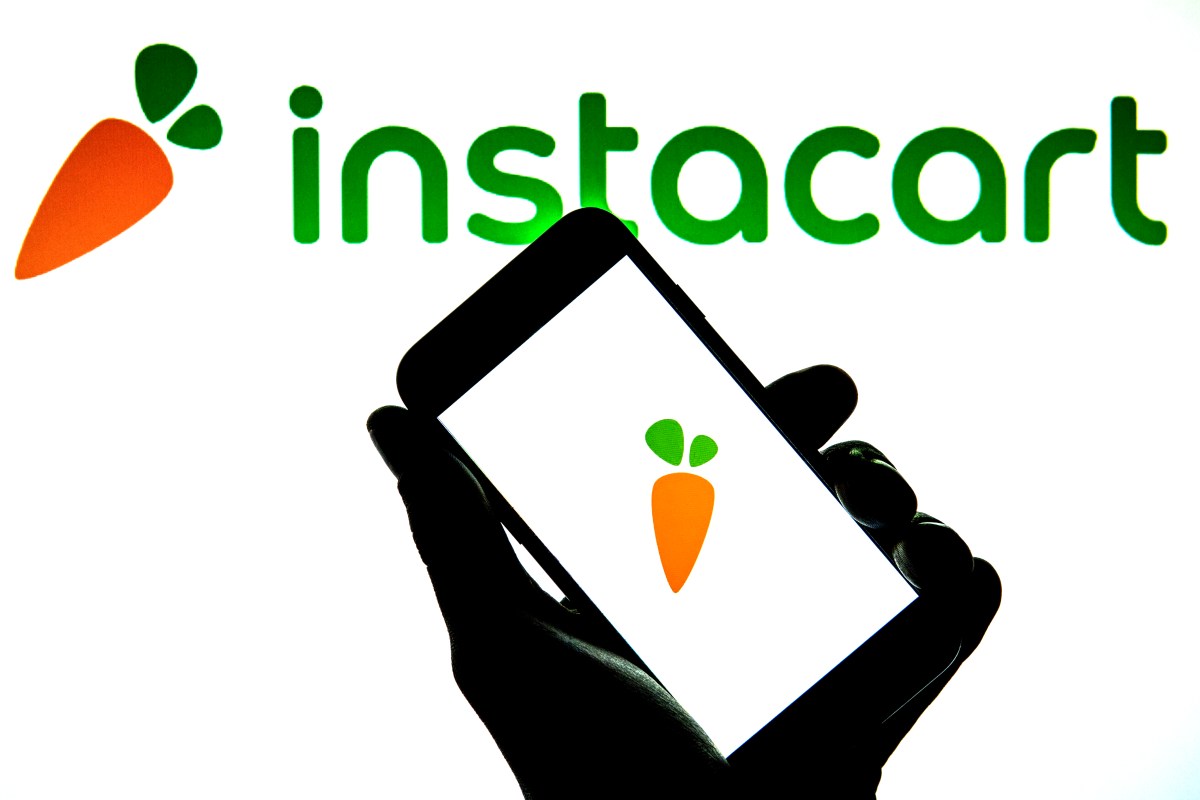










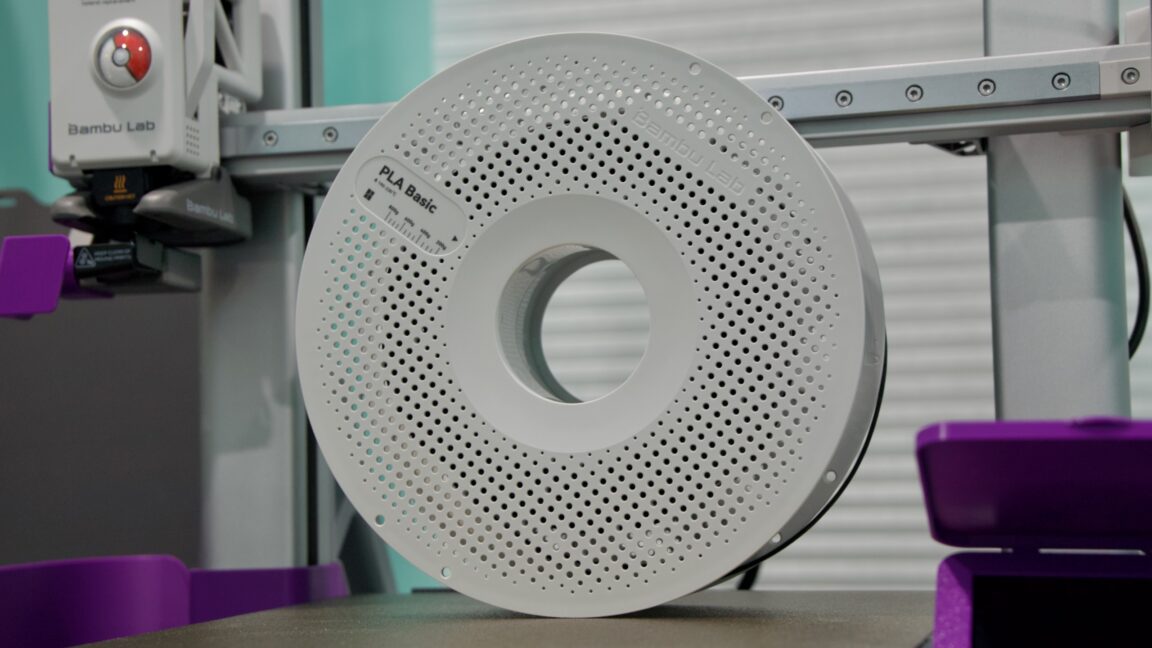














































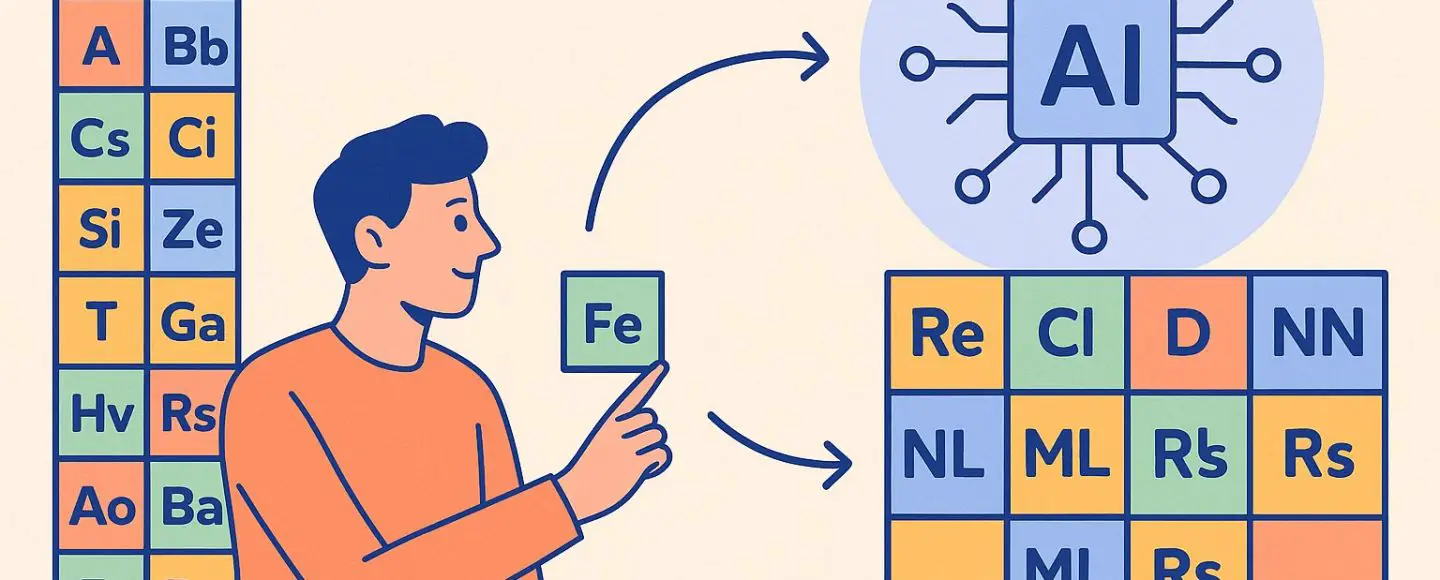






















































![[The AI Show Episode 149]: Google I/O, Claude 4, White Collar Jobs Automated in 5 Years, Jony Ive Joins OpenAI, and AI’s Impact on the Environment](https://www.marketingaiinstitute.com/hubfs/ep%20149%20cover.png)


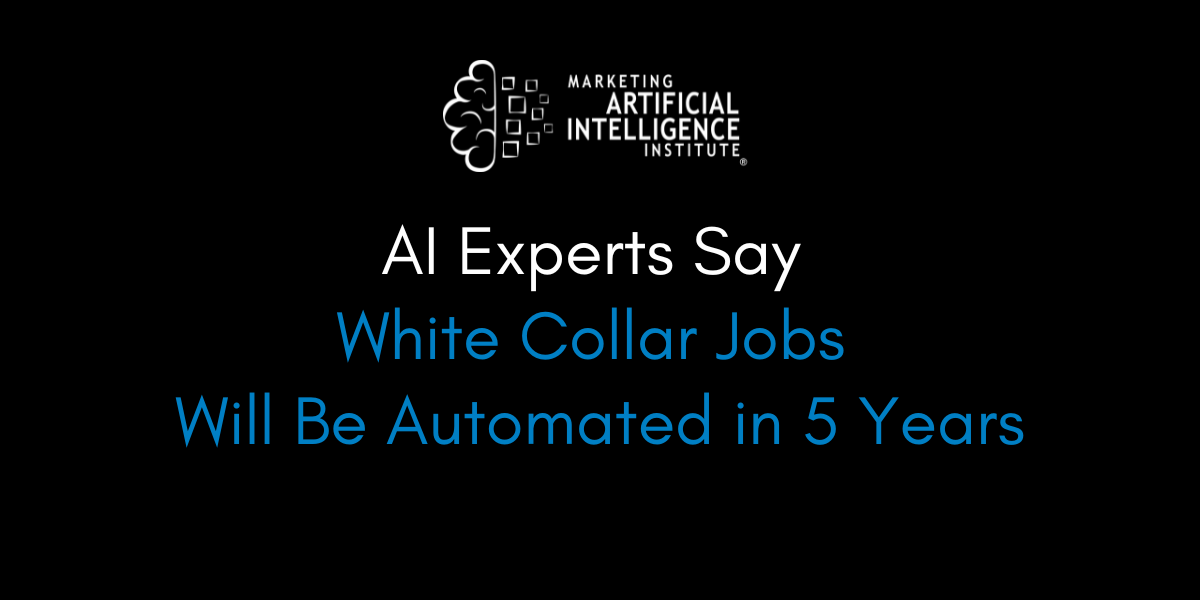




































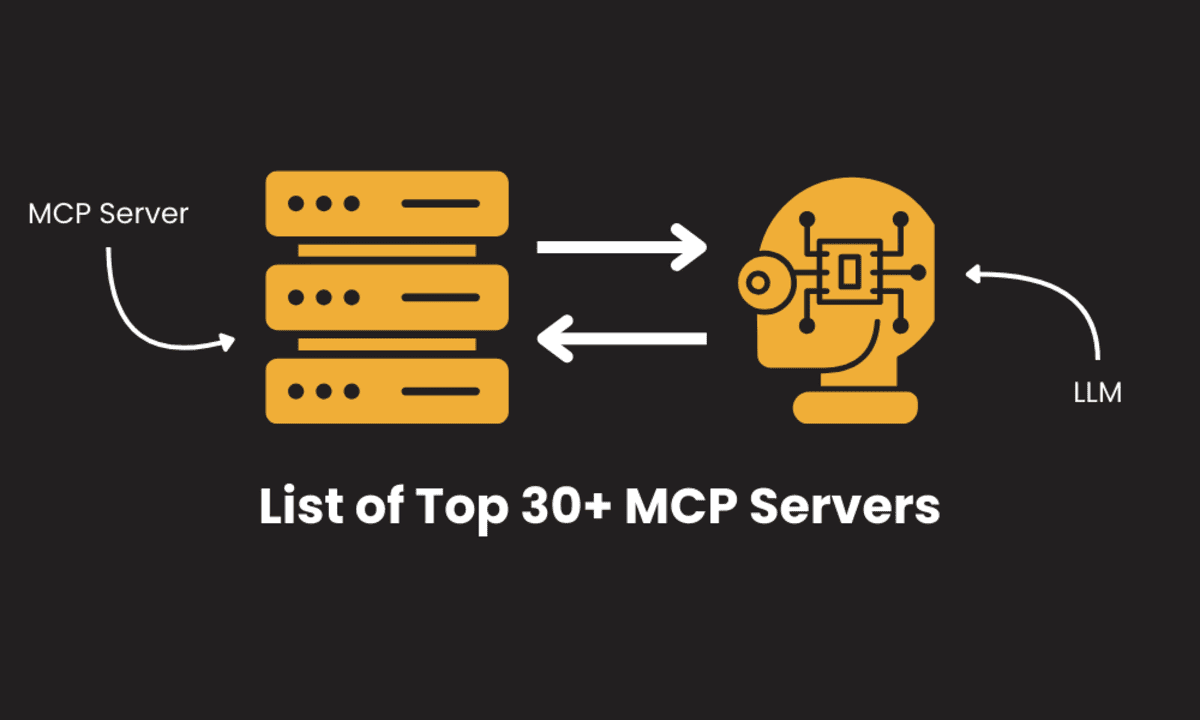























































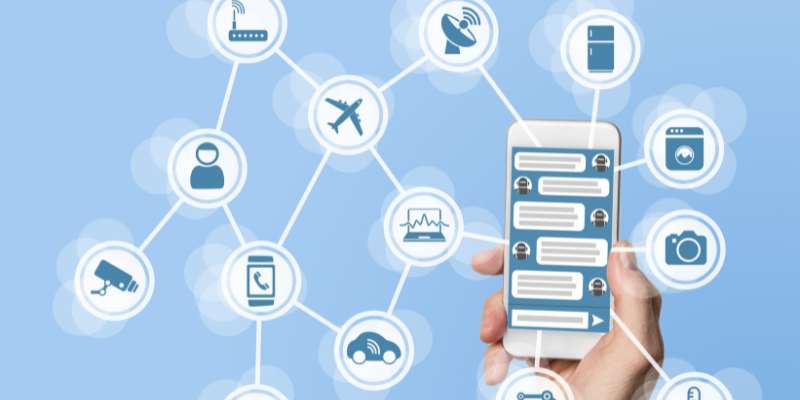






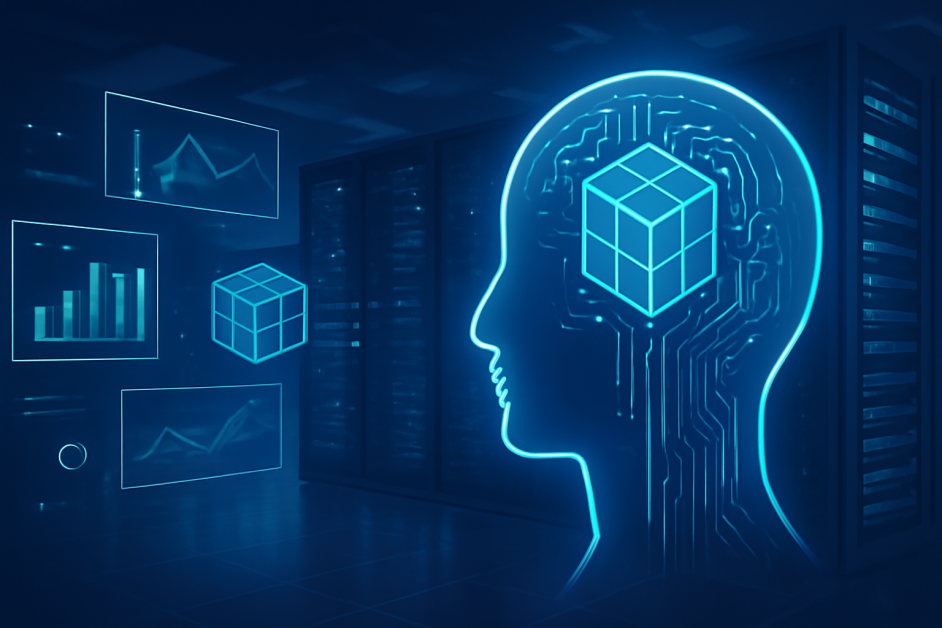




























![MVC[model-view-controller]](https://media2.dev.to/dynamic/image/width%3D1000,height%3D500,fit%3Dcover,gravity%3Dauto,format%3Dauto/https:%2F%2Fdev-to-uploads.s3.amazonaws.com%2Fuploads%2Farticles%2Fx4jf942t9ligvhx368n1.png)

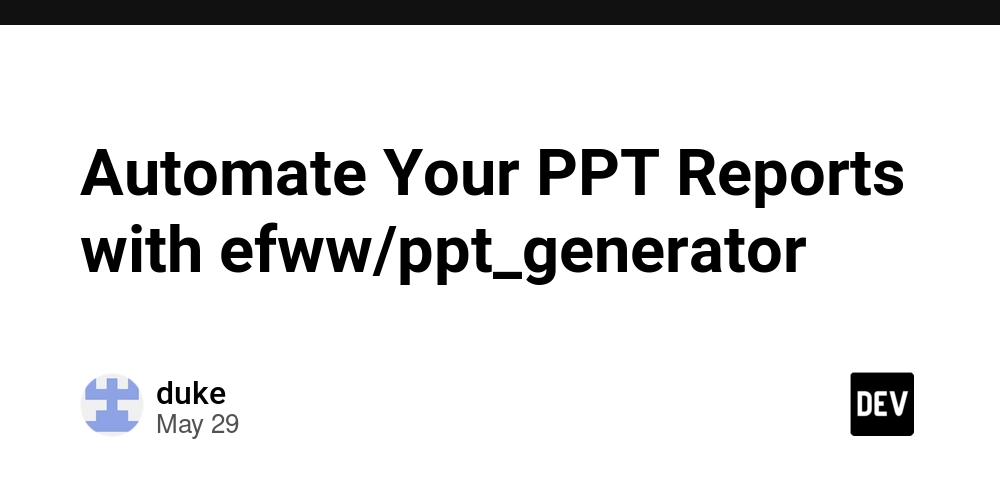


































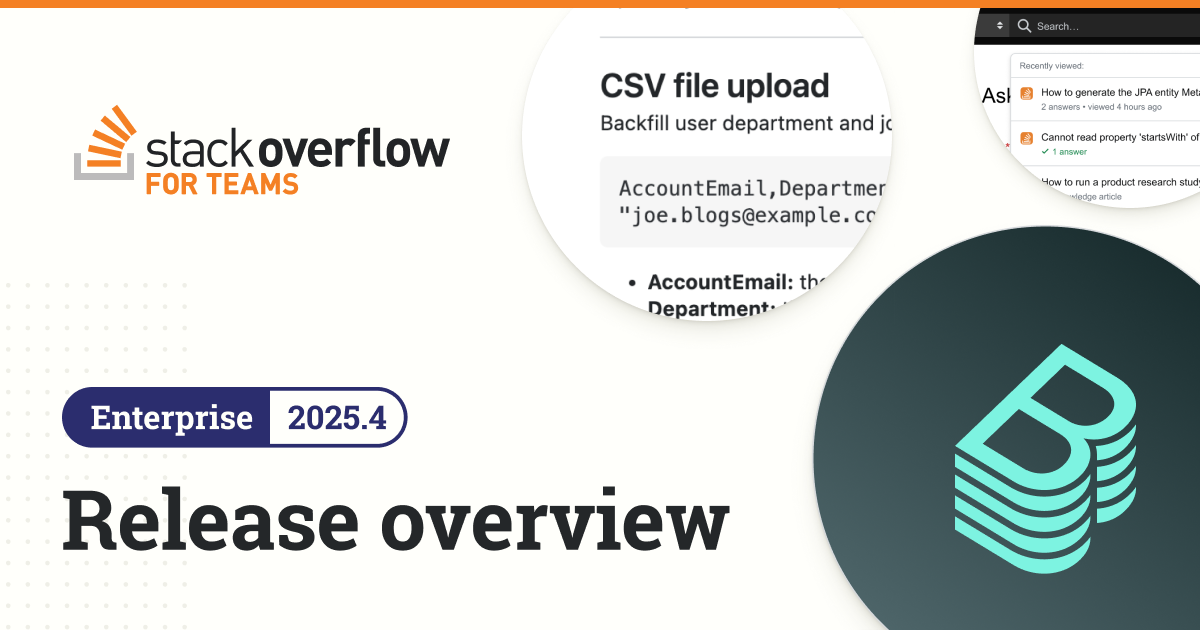



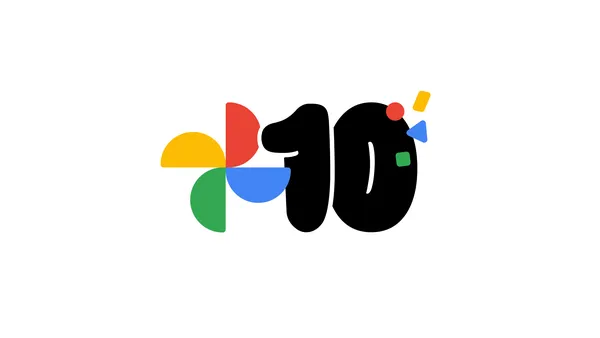







































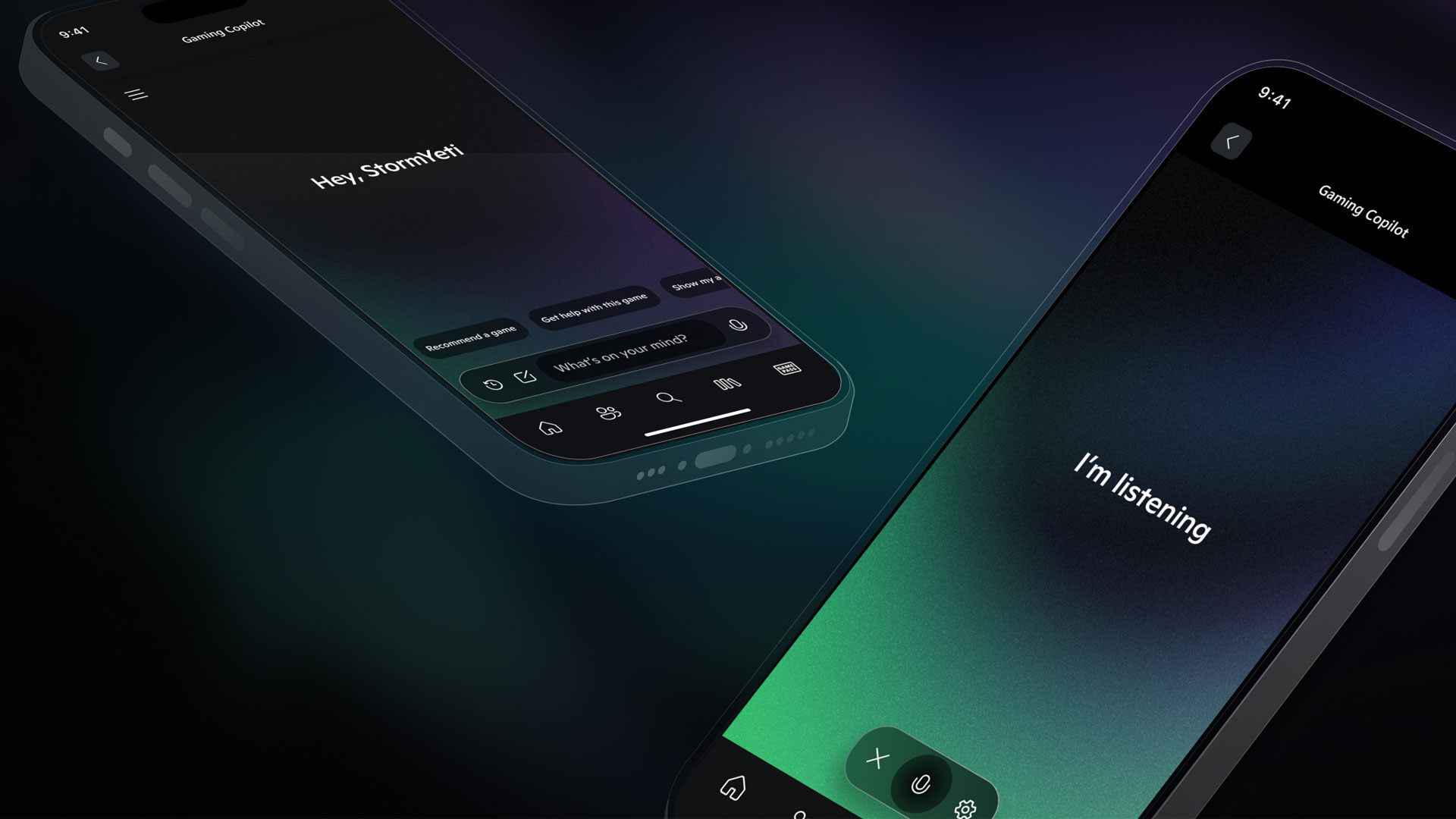






















































_foto-zone_Alamy.jpg?width=1280&auto=webp&quality=80&disable=upscale#)



















































































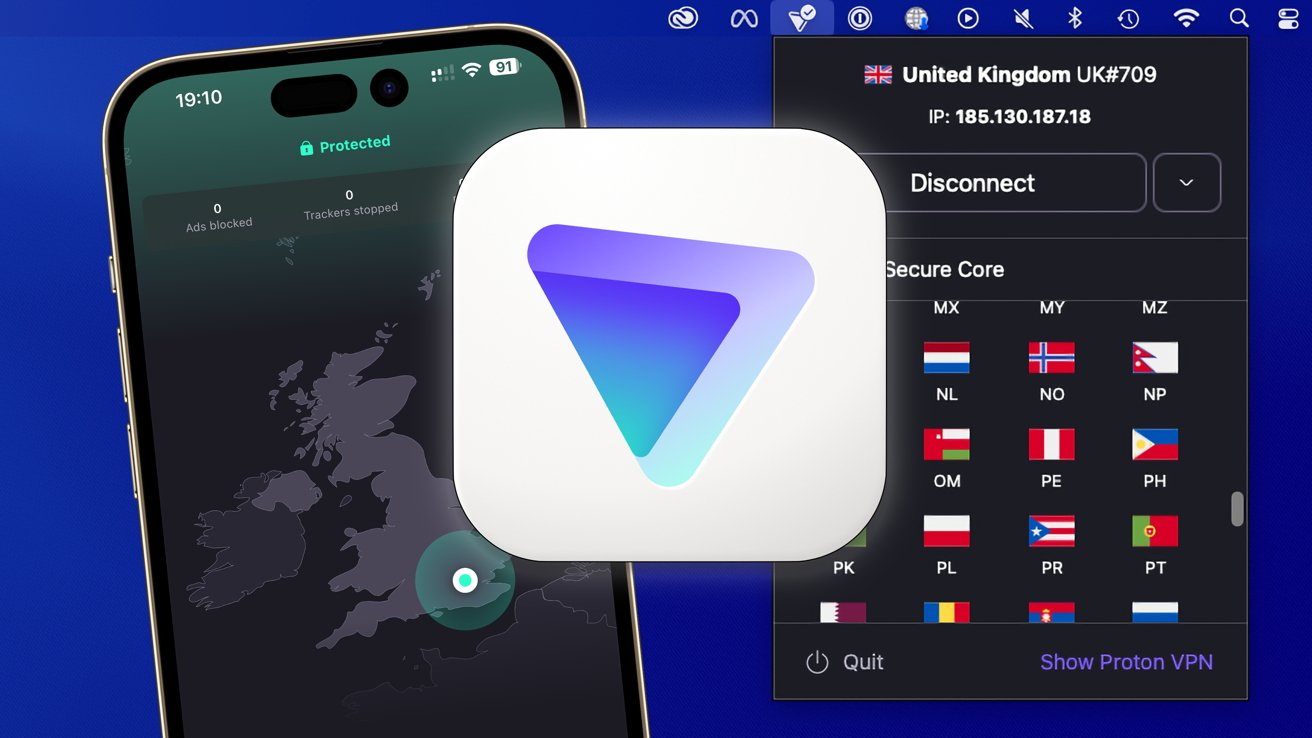


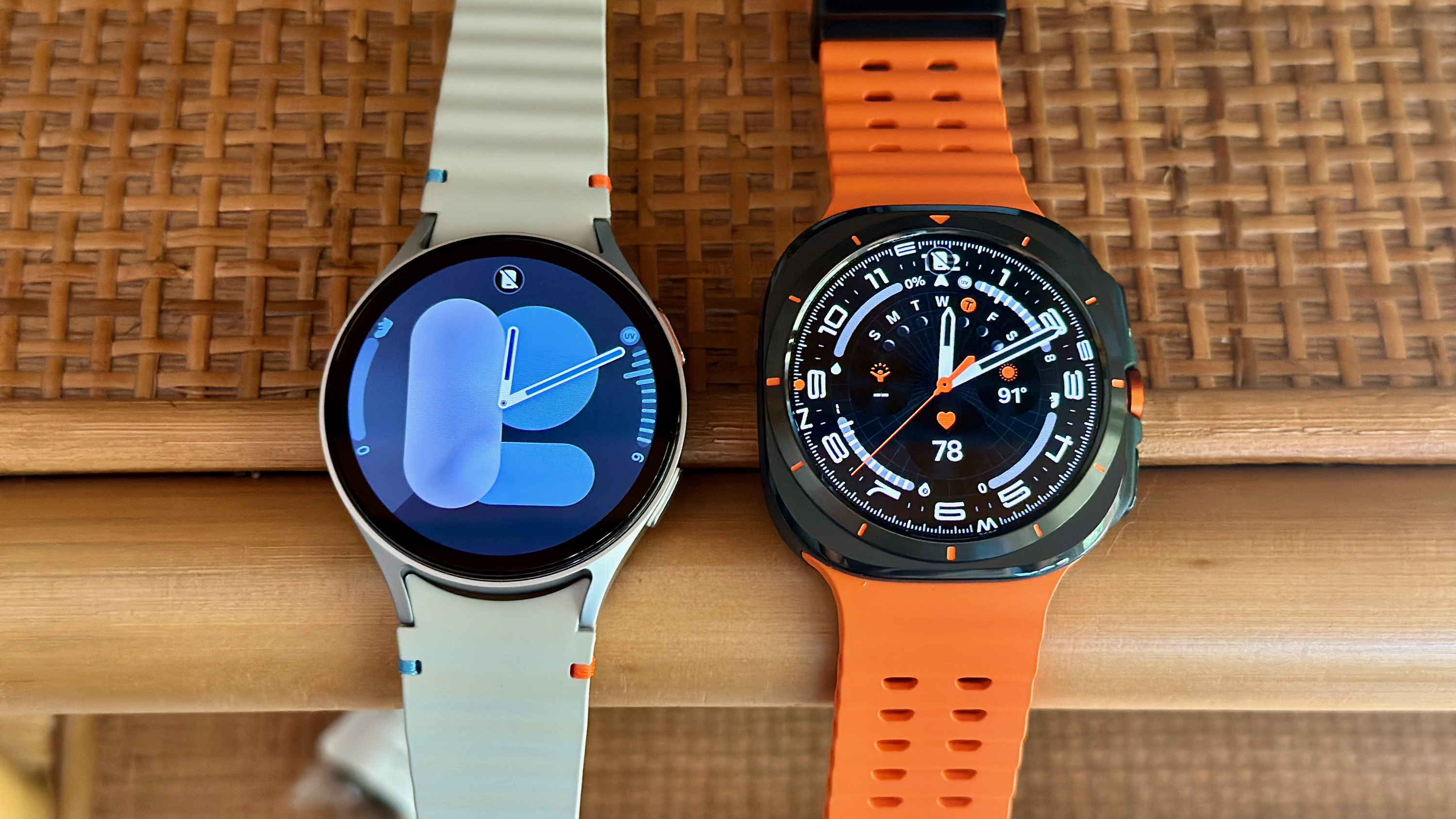
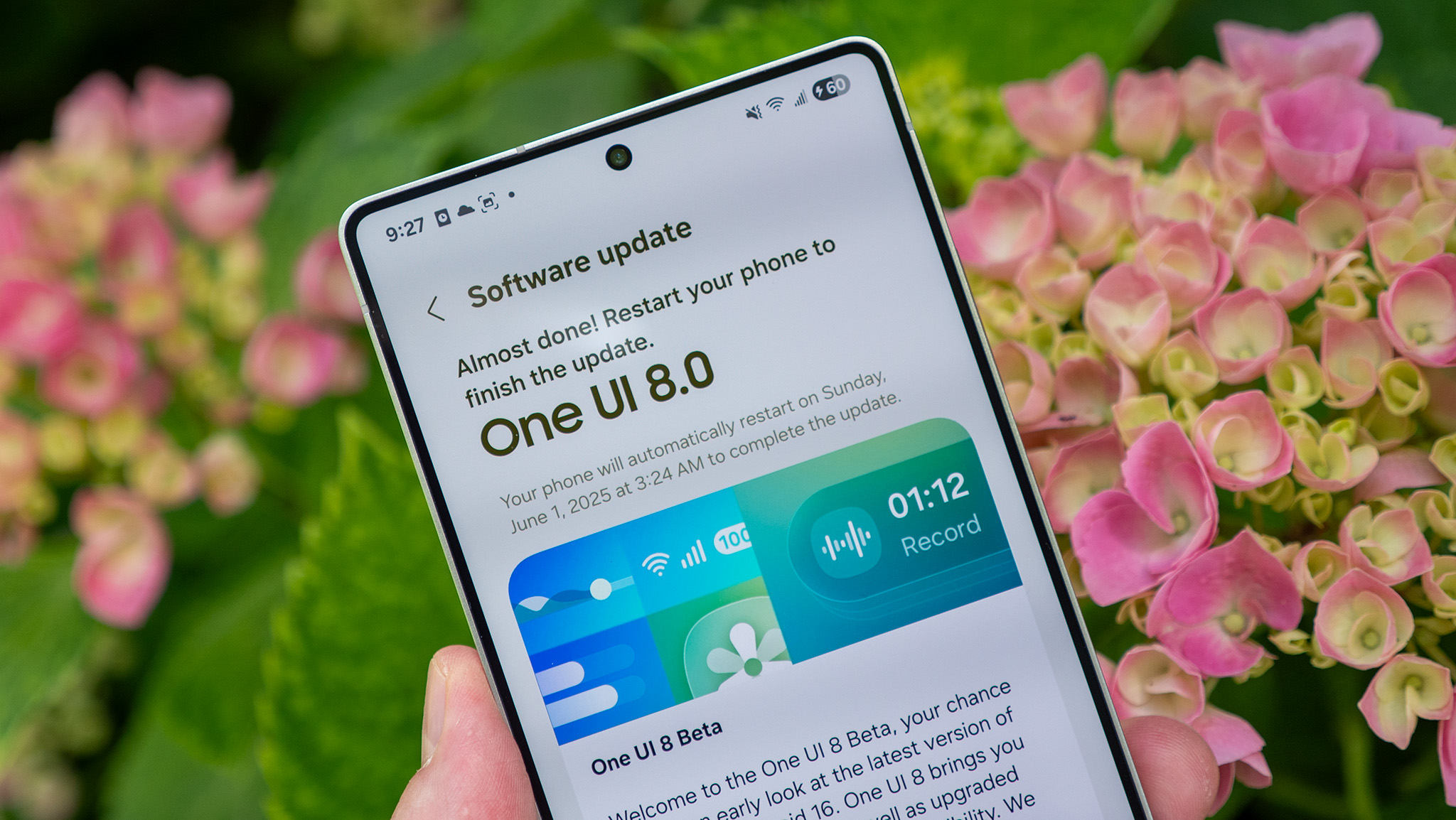

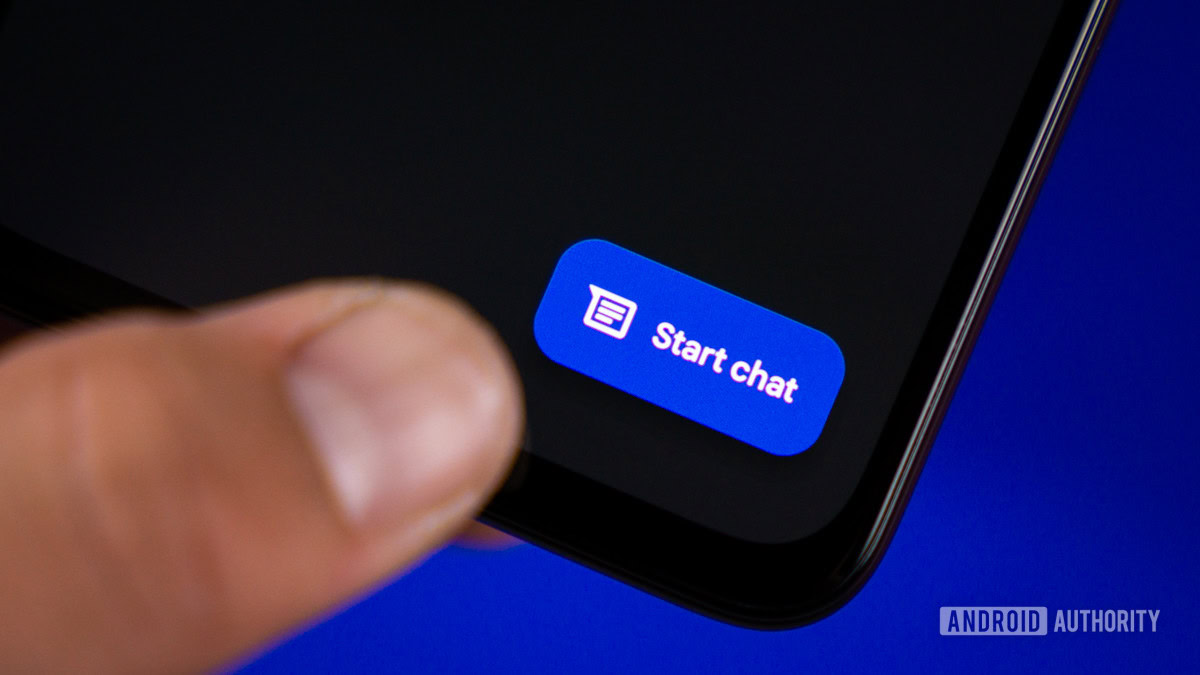

![iOS 19 may support easily transferring your iPhone’s eSIM to an Android device [U]](https://i0.wp.com/9to5mac.com/wp-content/uploads/sites/6/2022/09/iphone-14-eSIM-event.jpg?resize=1200%2C628&quality=82&strip=all&ssl=1)

















![iPhone 16 Becomes World's Best-Selling Smartphone in Q1 2025 [Chart]](https://www.iclarified.com/images/news/97448/97448/97448-640.jpg)
![Apple Releases Xcode 16.4 With Support for Swift 6.1 and New SDKs [Download]](https://www.iclarified.com/images/news/97450/97450/97450-640.jpg)

![Apple Updates Logic Pro With Flashback Capture, Enhanced Stem Splitter, More [Download]](https://www.iclarified.com/images/news/97446/97446/97446-640.jpg)
















